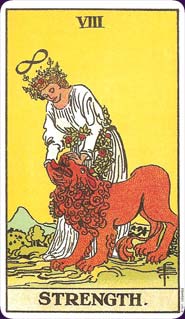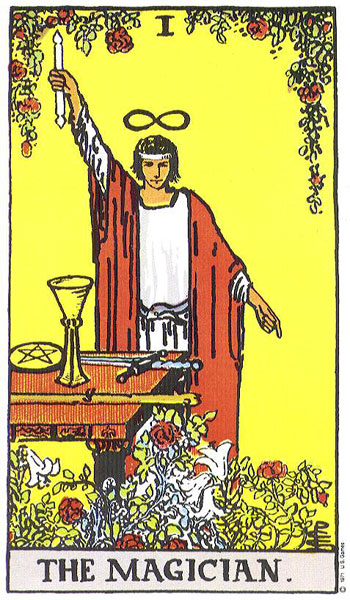Democratic elections may be most interesting at the fringes of the democratic world. Whereas elections in Europe only become slightly exciting when lunatics or dangerous nationalistic movements participate, here in Somaliland the upcoming presidential elections of 13/11 are an uplifting experience.
I am the first to rail about ‘elections without democratization’ and the imposition of the model of representative elections (which is arguably starting to fail in the West) on developing countries under the ‘There Is No Alternatiive’ motto, stifling local political forms and vitality.
Nonetheless the electoral campaign here in Somaliland is stirring up a positive mood in society. I have even decided to stay in Hargeisa during the elections and may be part an Electoral Observation Mission.









